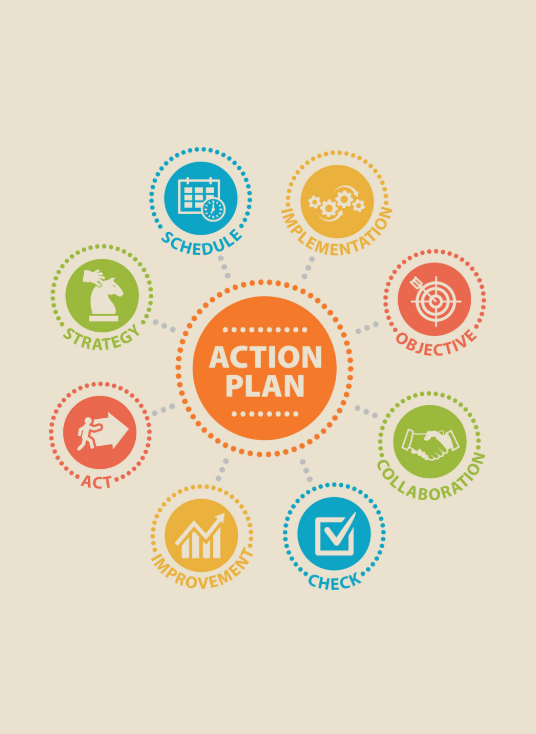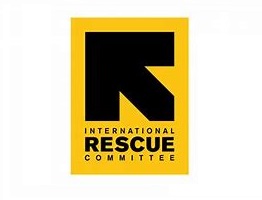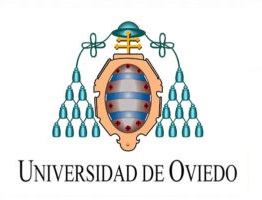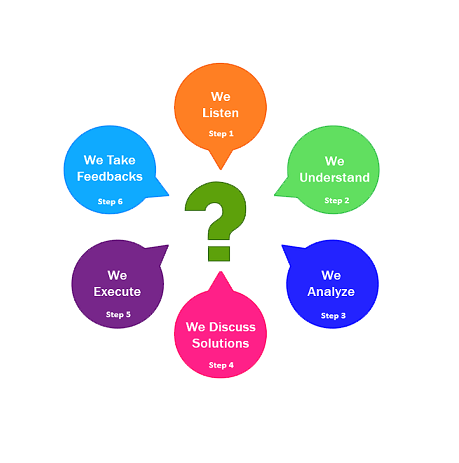
About Us
Vision Tomorrow is an associate’s owned organization, managed by a group of like-minded and seasoned experts with a global reach that provide management consulting and charitable services.
Our global network of associates allow us to quickly deliver the right team with right expertise to our clients and provide solutions that best fit their needs. Our success is led by the deep-rooted values and culture of growing individual’s to their full excellence and flourishing together with our clients.
Our affiliates also include prestigious academic institutions that serve as technical resource to the organization in the areas of knowledge management, capacity building, quality assurance and research activities.
Publications


Achievements / Projects
- Prepared IRC-Adolescent’s Friendly Healthcare and Sexual Reproductive Health Strategy (ASRH) for Pakistan for five years (2019-2023)
- Led the development of Merlin’s program Country strategies for Pakistan (2009-2011), Liberia (2007-2009) and Myanmar (2005-2007)
- Reviewed Save the Children program country strategies for Kenya, Somalia, South Sudan, Sudan, Tanzania and Uganda, 2015 -2018
Knowledge attitude and Practice (KAP) surveys
- Knowledge-attitude-practice (KAP) and barriers analysis study conducted for Merlin-Yemen Health and Nutrition Program, November/December 2012.
- Community-based survey to ascertain hygiene knowledge-attitudes-practice (KAP) for NRC programs in KP, FATA and Baluchistan, Aug/Sep 2013
- Community-based survey for gathering lessons learned and perceptions for NRC Shelter Assistance programme in FATA, KPK, Baluchistan, Pakistan, June/July 2013
Knowledge-Practice-Coverage (KPC) Surveys
- Knowledge-Practice-Coverage (KPC) survey, using LQAS method, for Merlin-Pakistan Health and Nutrition Programs in KP and Sindh, 2013
- Knowledge-Practice-Coverage (KPC) survey, using LQAS method for Merlin Health, Nutrition and WASH Programs in Bannu, December 2014
- “Knowledge-Practice-and-Coverage (KPC) Survey in Laputta Township”, for Merlin Health and WASH program, Nov/Dec 2005
- Knowledge Practice and Coverage (KPC) Surveys for PHC including RH/nutrition interventions for Save the Children program in December 2001 and March 2004 in Haripur refugee’s camps and in October 2004 in Chaghi refugee’s camps
-
Evaluated UN Maternal and Child Stunting Reduction Program in Sindh province, 2019, funded by USAID. The evaluation has been rated highly satisfactory (exceeded 92% scoring and one of the best example globally) by UNICEF Global Evaluation Reports Oversight System (GEROS) that states, “Evaluation exceeds UNICEF/UNEG standards for evaluation reports and decision makers may use the evaluation with a high degree of confidence”. The evaluation rating and report can be accessed online: Evaluation reports | UNICEF Evaluation in UNICEF.
-
Conducted end-line evaluation of Delivering Cash Assistance to Highly Vulnerable Populations in Pakistan (DCAP), implemented by the IRC and funded by FCDO
-
Qualitative and quantitative program evaluation/research, in Haripur (KPK, Pakistan) and Chaghi (Baluchistan, Pakistan) refugees camps for Save the Children programmes
- Child Mortality Survey, Haripur refugee’s camps 2004: This survey used tools designed around the child survival pathway to identify missing links in child survival
- Evaluation of Save the Children reproductive health services at the primary level and BEOC services at secondary level in March 2002, Haripur KP
- Integrated Health Facility Assessment in Greater Monrovia, Liberia, July 2008: The study aimed to establish a baseline for implementing facility based IMCI approach
- Integrated Health Facility Assessment, Afghan refugees’ camps Haripur 2003, using four survey tools (observation checklist—sick child, exit interview—sick child, health care worker interview and equipment and supply checklist) designed
- Planned and implemented formative research for exploring further knowledge, attitudes and practices for developing BCC frameworkin Myanmar, March 2006
- Social and Behaviour Communication (SBC) Strategy, based on the findings of KAP and Barrier Analysis Study for Merlin Yemen Health and Nutrition Program
- Led the development of promotional and counselling tools including pictorial IEC materials forfirst level health workers in Pakistan (2003) and Myanmar (2006) to educate and counsel their clients on array of RH with a focus on maternal, new-born and child health topics & care approaches
- Contributed in the development of primary school-based nutrition materials/bookssuch as charts and algorithms and hand-outs for the children to use in their communities, using Child-to-Child Approach, and facilitator’s guides for teachers to be used whilst they teach children in schools. These materials were then incorporated into the curriculum of the refugee schools for approximately 20,000 children age 6 to 12 years old in Quetta refugee’s Education program (Save the Children, 2002)
- Planned and implemented Merlin-Indonesia health program evaluation from “Emergency to Recovery, after 3 years of tsunami, December 2007”in the capacity of Country Health Director Merlin Indonesia
- Post-NFI-distribution-monitoring to assess the appropriateness, usefulness and utility of the distributed NFIs for NRC programme in north of Pakistan in June 2013, using LQAS methodology
- Contributed in developing of Performance Based standards for primary and secondary levels of care in District Mansehra and Bagh AJK, Pakistan including Reproductive health and Family planning
- Developed on-the-job training modules forMaternal and Child Health Care for staff working in Public Basic Health units and Rural health centres in District Manshera and Bagh in Pakistan
- Contributed in development of Basic Health Services Packages in Pakistan and Liberia
- Contributed in shaping contracting out/public private partnership service delivery and financial mechanisms in Pakistan and Liberia
- Contributed in designing and modelling community-based primary health care services through a network of volunteers in Myanmar
VT associates include certified Master trainers who have diverse experience of training health staff and community volunteers in humanitarian and developmental settings. Our associates have prepared training packages for different esteemed organization using the adult learning principles and systemic training approaches
A few thematic areas of expertise for training include but are not limited to:
a) Reproductive health including STI management b) Adolescent health c) Family planning d) Basic Emergency and Obstetric care e) Infection prevention HIV-AIDS (including its awareness prevention and PLWA) and Integrated f) Management Of Neonatal and Childhood Illness) TB, h) Malaria i) community health promotion j) HMIS and Disease Early warning systems, k) social Accountability l) community based monitoring and social Behavior Change communication

Partners We Work With















